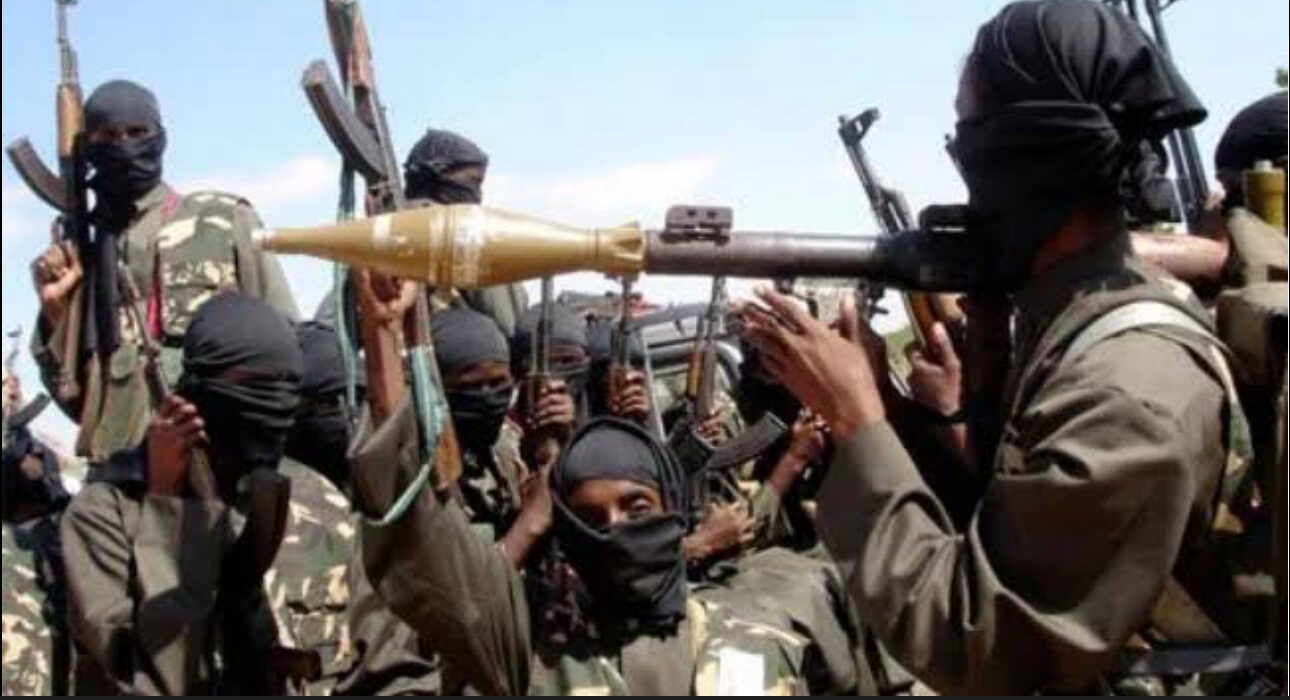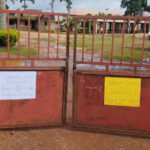Boko Haram Founder’s Son Arrested in Chad

Chadian authorities have arrested Muslim Mohammed Yusuf, the youngest son of the late Boko Haram founder, Mohammed Yusuf, in a security operation that has drawn attention across the Lake Chad region.
According to multiple security sources, the 18-year-old was taken into custody alongside five other suspected militants several months ago. Though Chadian police did not initially disclose his identity, intelligence operatives and a former Boko Haram commander confirmed that the detainee is indeed the son of the Islamist sect’s founder.
He is also said to have been operating under the alias Abdrahman Mahamat Abdoulaye while leading a jihadist cell linked to the Islamic State’s West Africa Province (ISWAP).
AFP obtained photographs of the arrested suspects, including a young man in a blue tracksuit who bore a striking resemblance to the late Mohammed Yusuf.
The images show him standing among older detainees, further fueling speculation about his role in insurgent activities.
Chadian police spokesman Paul Manga later described the suspects as “bandits who operate in the city” and referred to them as “undocumented members of Boko Haram,” stressing that their detention was part of broader counter-terrorism measures.
Mohammed Yusuf, the elder, founded Boko Haram in the early 2000s in Maiduguri, Borno State, before he was killed in police custody in 2009.
His death triggered the group’s violent transformation under Abubakar Shekau, leading to a decade-long insurgency that has claimed tens of thousands of lives and displaced millions across Nigeria, Chad, Niger, and Cameroon.
The younger Yusuf’s arrest highlights the generational continuity within extremist circles, raising concerns about how the group’s ideology continues to influence the families of its founding figures. Security analysts warn that while his capture is significant, it underscores the resilience of jihadist cells operating around Lake Chad, where ISWAP remains active despite military crackdowns.
For now, authorities in N’Djamena have not revealed whether the detained suspects will face trial in Chad or be transferred to Nigeria, where Boko Haram originated. Nigeria’s security agencies have yet to issue an official statement on the matter.
The development serves as a reminder of the persistent volatility in the Lake Chad basin, where regional governments remain under pressure to dismantle insurgent networks that thrive on porous borders and local grievances.









